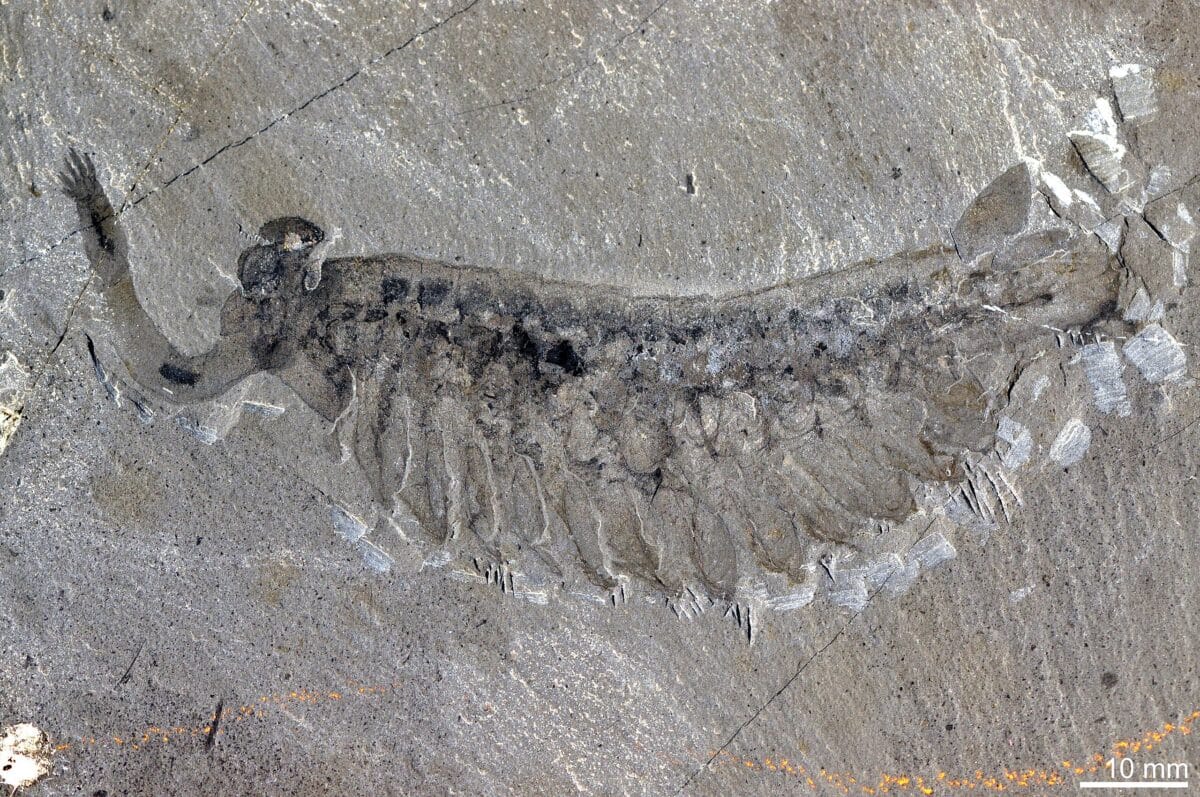
Andrew McDiarmid is Director of Podcasting and a Senior Fellow at the Discovery Institute. He is also a contributing writer to MindMatters.ai. He produces ID The Future, a podcast from the Center for Science & Culture that presents the case, research, and implications of intelligent design and explores the debate over evolution. He writes and speaks regularly on the impact of technology on human living. His work has appeared in numerous publications, including the New York Post, Houston Chronicle, The Daily Wire, San Francisco Chronicle, Real Clear Politics, Newsmax, The American Spectator, The Federalist, and Technoskeptic Magazine. In addition to his roles at the Discovery Institute, he promotes his homeland as host of the Scottish culture and music podcast Simply Scottish (Apple, Spotify, Google). Andrew holds an MA in Teaching from Seattle Pacific University and a BA in English/Creative Writing from the University of Washington. Learn more about his work at www.andrewmcdiarmid.org.
Archives


Stephen Meyer and Ben Shapiro on Intelligent Design

Lee Spetner on What Natural Selection Can Do — And What It Can’t

The Science of a Sunset: Unlocking the Secrets of Our Atmosphere

New Evidence that Supports the Privileged Planet Thesis

No Place Like Home: A Reading From The Privileged Planet

Our Purposeless Planet? Jay Richards Tackles the Copernican Principle

When an Atheist Professor’s Worldview Imploded

The Imploding of an Atheist Professor’s Worldview

Stephen Meyer on the Digital Information that Drives Life

Stephen Meyer on the Intellectual Shift Away from Darwinism

The Story of Metals Points to Nature’s Foresight, Planning, Preparation

How Tycho Brahe Set an Unhelpful Precedent for Scientists

Eric Hedin: The Miracle(s) of Metal

Weikart: The Dark History of Medicalized Killing

Richard Weikart: Medicine’s Descent From Healing to Killing

Three Types of Science: Fantasy Science

Finding Beauty and Harmony in the Sciences

Astronomer Guillermo Gonzalez Reads His Solar Eclipse Poem “Totality”
